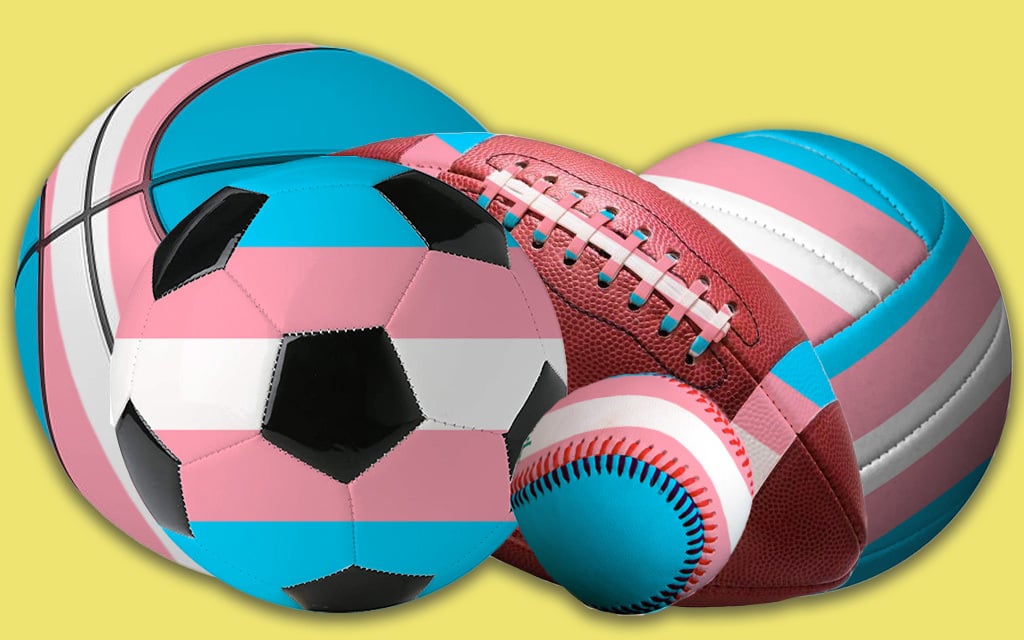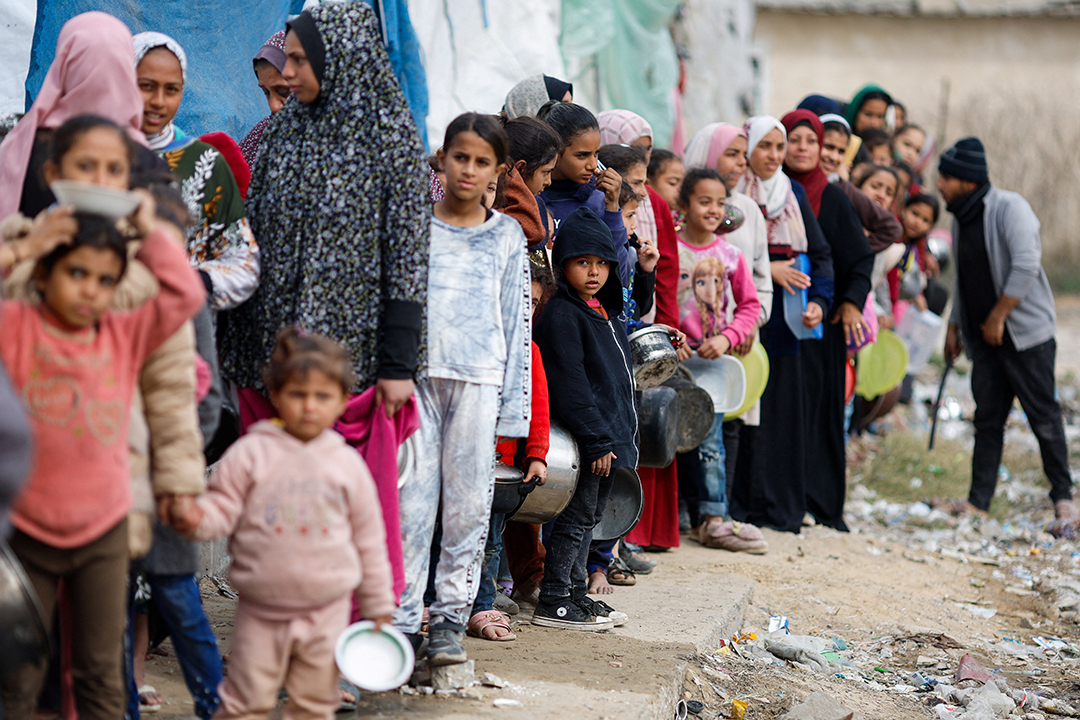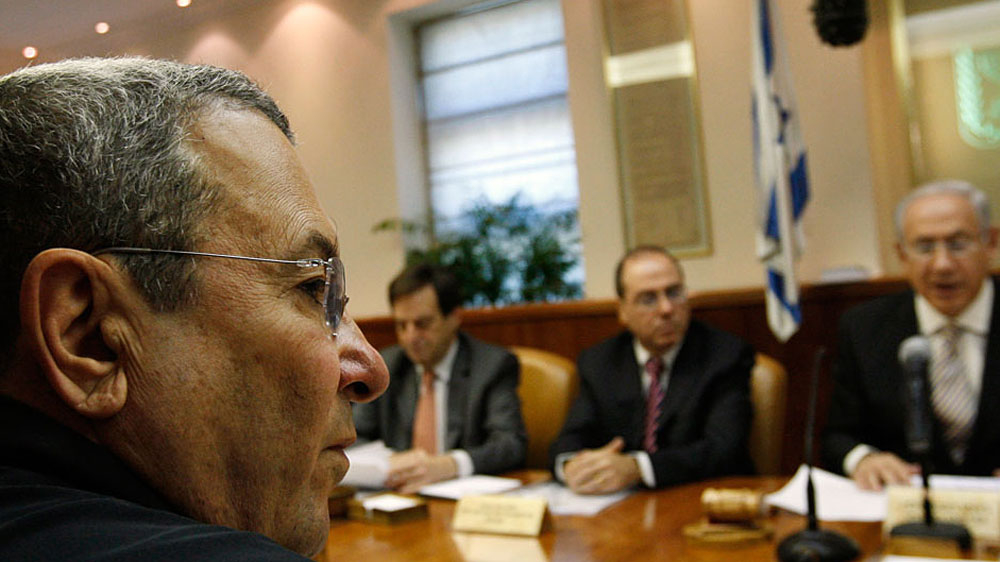Trump's Transgender Athlete Ban: Minnesota Under Fire From US Attorney General

Table of Contents
The Trump Administration's Transgender Athlete Ban: A Deep Dive
The Policy's Core Provisions:
The Trump administration's ban, primarily targeting K-12 and collegiate athletics, aimed to restrict the participation of transgender women in women's sports. The core provision dictates that an athlete's eligibility should be determined by their sex assigned at birth, effectively excluding transgender women from competing in women's teams. The administration justified this policy by claiming it was necessary to maintain fairness and competitive balance in women's sports, arguing that transgender women possess a biological advantage. While there are no specific legal citations for the ban itself, it is rooted in interpretations of Title IX and existing regulations concerning sex-based classifications in federally funded educational programs.
The Legal Basis for the Challenge:
Minnesota's challenge to the ban hinges on several key legal arguments. The state contends the ban violates Title IX, which prohibits sex-based discrimination in educational programs receiving federal funding. Minnesota also argues the ban infringes upon the Fourteenth Amendment's Equal Protection Clause, asserting it constitutes unlawful discrimination based on gender identity. These arguments are supported by precedents set in cases affirming the rights of transgender individuals to participate in activities consistent with their gender identity. Cases like Bostock v. Clayton County (which addressed sex discrimination in employment) provide strong legal foundations for Minnesota’s claims. The state further argues that the ban lacks a compelling governmental interest and is not narrowly tailored, crucial elements for withstanding constitutional challenges under the Equal Protection Clause.
Impact on Transgender Athletes in Minnesota:
The practical consequences of the ban for transgender athletes in Minnesota are severe. It limits their opportunities to participate in sports, impacting their physical and mental health, social integration, and overall well-being. Many transgender athletes in Minnesota face the prospect of being excluded from teams and competitions, robbing them of a vital aspect of their lives. The exact number of affected athletes is difficult to ascertain, but anecdotal evidence suggests a substantial impact on the state’s transgender community. The emotional toll on these athletes, facing exclusion from activities they love, adds to the gravity of the legal challenge.
Minnesota's Response and the State's Legal Strategy:
Minnesota's Stance on Inclusion:
Minnesota has a history of enacting progressive policies promoting LGBTQ+ rights and inclusion. The state has laws prohibiting discrimination based on gender identity in various sectors, including employment and housing. These laws demonstrate a strong commitment to creating an inclusive environment, and the state’s stance in this legal challenge reflects that commitment. Statements from Minnesota officials clearly indicate a determination to fight for the rights of transgender athletes, emphasizing the importance of equal opportunity in sports.
The State's Legal Arguments:
Minnesota's legal strategy focuses on dismantling the federal government’s justifications for the ban. The state aims to demonstrate that the ban is discriminatory and not based on sound scientific evidence. They will likely present evidence refuting claims of a significant competitive advantage for transgender women, highlighting the diversity of athletic abilities within both cisgender and transgender populations. Legal precedents supporting the inclusion of transgender individuals in sports, alongside arguments highlighting the detrimental effects of the ban on transgender youth, will be central to Minnesota’s case.
The US Attorney General's Position and Counterarguments:
The Federal Government's Defense of the Ban:
The US Attorney General’s defense of the ban centers around concerns about fairness and competitive balance in women's sports. The government will likely argue that allowing transgender women to compete in women's sports undermines the purpose and spirit of Title IX, which seeks to provide equal opportunities for both sexes. They are likely to present arguments about the potential impact on women’s athletic opportunities, emphasizing concerns over fairness in competition.
The Federal Government's Legal Strategy:
The federal government's legal strategy will involve presenting arguments supporting the necessity and constitutionality of the ban. They might contest Minnesota’s interpretations of Title IX and the Equal Protection Clause, arguing that the ban is a legitimate exercise of federal authority to regulate federally funded programs. The potential repercussions for Minnesota include a loss in federal funding for schools and athletic programs if the ban is upheld.
Potential Implications for Other States:
The outcome of this case carries significant implications for other states. If the ban is upheld, it could embolden other states to enact similar restrictions. Conversely, a victory for Minnesota could set a crucial precedent protecting transgender athletes' rights nationwide, influencing policies and legal challenges in other jurisdictions. The implications extend beyond just sports, potentially affecting broader discussions on transgender rights and discrimination.
Conclusion:
This legal battle over Trump's transgender athlete ban in Minnesota highlights a critical conflict between federal policy and state-level protections for transgender rights. Minnesota's challenge underscores the ongoing debate about fairness, inclusion, and the rights of transgender individuals in sports. The key arguments center on interpretations of Title IX, the Equal Protection Clause, and the scientific evidence regarding athletic performance. The outcome will significantly impact not only Minnesota's transgender athletes but also the broader legal landscape surrounding transgender rights and participation in sports across the nation. This legal battle over Trump's transgender athlete ban in Minnesota serves as a crucial reminder of the importance of continued advocacy for the rights of transgender individuals in sports. Stay informed about the ongoing legal developments and consider supporting organizations working to advance the rights and inclusion of transgender athletes. Further research into the ongoing impact of Trump's transgender athlete ban is essential for understanding its consequences and advocating for change.

Featured Posts
-
 Strong Reliance Results Positive Sentiment For Indian Stock Markets Large Cap Sector
Apr 29, 2025
Strong Reliance Results Positive Sentiment For Indian Stock Markets Large Cap Sector
Apr 29, 2025 -
 Selling Sunset Star Highlights Post Fire Rent Hikes In Los Angeles
Apr 29, 2025
Selling Sunset Star Highlights Post Fire Rent Hikes In Los Angeles
Apr 29, 2025 -
 Indian Stock Market Caution Dsp Fund Raises Cash Shifts Strategy
Apr 29, 2025
Indian Stock Market Caution Dsp Fund Raises Cash Shifts Strategy
Apr 29, 2025 -
 Texas Resident Killed In Wrong Way Car Accident Near State Line
Apr 29, 2025
Texas Resident Killed In Wrong Way Car Accident Near State Line
Apr 29, 2025 -
 Rocket Launch Abort Blue Origin Cites Subsystem Failure
Apr 29, 2025
Rocket Launch Abort Blue Origin Cites Subsystem Failure
Apr 29, 2025
Latest Posts
-
 Israel Under Pressure To Reopen Gaza Aid Channels
Apr 29, 2025
Israel Under Pressure To Reopen Gaza Aid Channels
Apr 29, 2025 -
 Humanitarian Crisis In Gaza Demand For Israel To Lift Aid Restrictions
Apr 29, 2025
Humanitarian Crisis In Gaza Demand For Israel To Lift Aid Restrictions
Apr 29, 2025 -
 Dwindling Resources In Gaza Calls To End Israeli Aid Ban
Apr 29, 2025
Dwindling Resources In Gaza Calls To End Israeli Aid Ban
Apr 29, 2025 -
 Gaza Crisis International Pressure Mounts On Israel To End Aid Blockade
Apr 29, 2025
Gaza Crisis International Pressure Mounts On Israel To End Aid Blockade
Apr 29, 2025 -
 Israel Faces Pressure To Lift Gaza Aid Ban Amidst Shortages
Apr 29, 2025
Israel Faces Pressure To Lift Gaza Aid Ban Amidst Shortages
Apr 29, 2025
